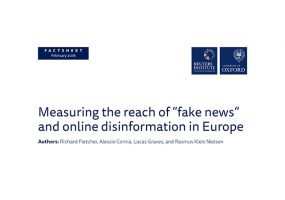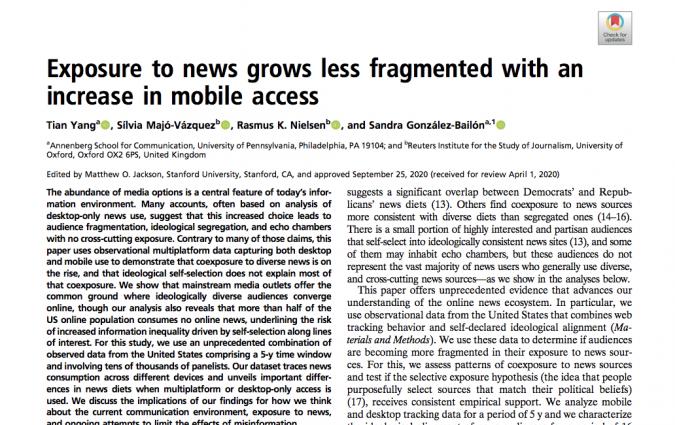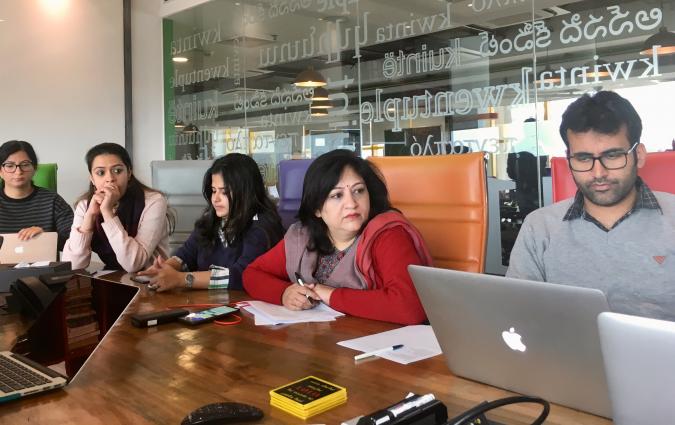Journalism, Media and Technology Trends and Predictions 2017

DOI: 10.60625/risj-vj1v-zb76
This year’s key developments will centre on fears about how changing technology is affecting the quality of information and the state of our democracy. The arrival of Donald Trump in the White House and elections in France and Germany will highlight the increasing power of new communication channels as traditional media continues to lose both influence and money.
More widely there’ll be heated debate about the role and size of tech platforms and the extent to which their activities should be regulated. Artificial Intelligence (AI) takes over from mobile as the hottest topic in technology, though the practical and ethical dilemmas around how it will be used become ever more apparent through the year.
More specifically:
- A raft of initiatives over so called ‘fake news’ from both publishers and platforms fail to restore public trust. Fact-checking services move centre stage;
- We’ll see further job cuts and losses across the news industry. More papers in the US and Europe go out of business, slim down or become online-only;
- More focus on algorithmic accountability, the use of data for targeting, and the power of technology companies;
- We’ll see a backlash from publishers over Facebook Live as initial investments prove hard to sustain and monetise;
- Publishers force more people to sign-in/register for websites and apps as well as investing heavily in data to help deliver more personalised content and messaging;
- Expect widespread innovation with messaging apps, chat bots and the art of ‘conversational journalism’;
- More of us will be talking to computers via voice driven personal assistants, like Amazon’s Alexa, Apple’s Siri and Google’s Assistant;
- Big year for audio/podcasts as Facebook rolls out social and live audio formats;
- There’ll be an explosion of mobile alerts for news, as the battle for the lockscreen heats up;
- We’ll see more experimentation with Virtual Reality (VR) and Augmented Reality (AR), but results continue to disappoint for news;
- Cyber-wars intensify along with the battles between governments and citizens over the limits of personal surveillance;
- More politicians follow the lead of Donald Trump in using social media to define issues, break new policy and as a substitute for traditional media access.
In our survey of 142 leading Editors, CEOs and Digital Leaders for this report:
- 70% said worries over the distribution of fake/inaccurate news in social networks will strengthen their position, while…
- 46% say they are more worried about the role of platforms than last year;
- 56% say Facebook Messenger will be important or very important part of their offsite initiatives this year. 53% say the same for WhatsApp and 49% for Snapchat;
- 33% of respondents from a newspaper background are more worried about their company’s financial sustainability than last year; just 8% are less worried.






